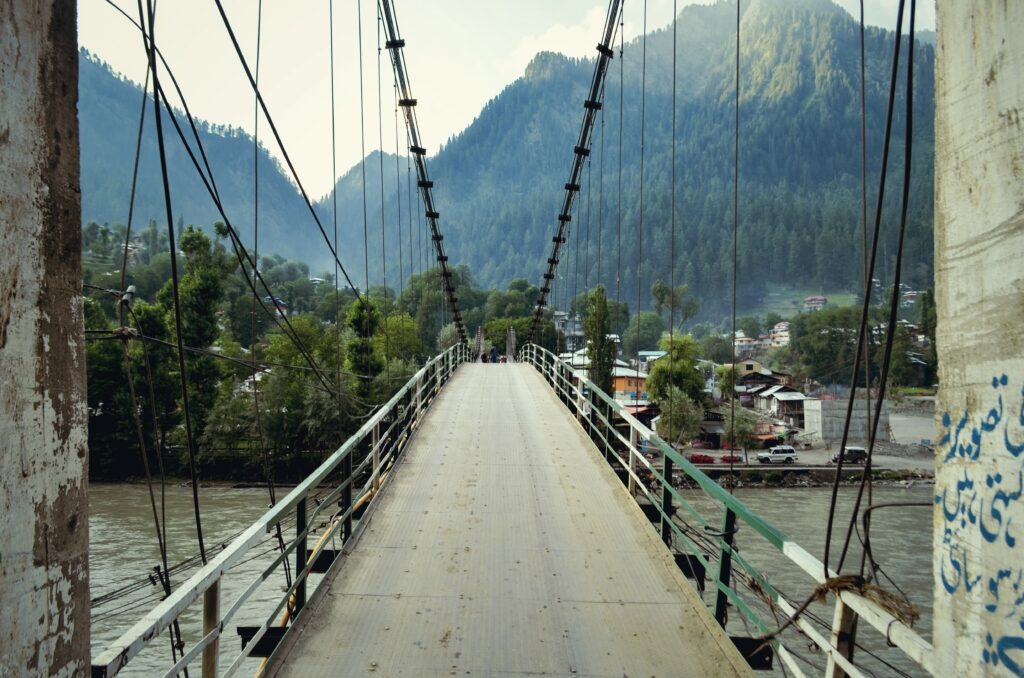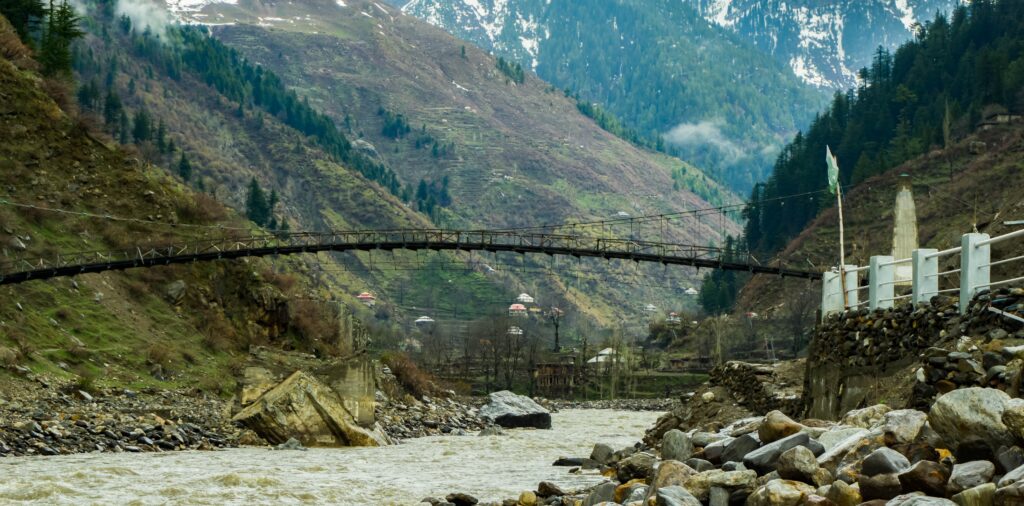After Pahalgam: A World United Against Terrorism

On April 22, 2025, the serene valleys of Pahalgam in Jammu & Kashmir, India, turned into a scene of unspeakable horror. After Pahalgam: A World United Against Terrorism was meant to be a spiritual trip for Hindu pilgrims ended in tragedy when Pakistan-backed Islamist terrorists launched a brutal attack that left 26 dead and 20 injured—most of them young Hindu men.
The Terror That Unfolded
Survivors recount the horror: the attackers, armed and merciless, first demanded names and religions. Those identified as non-Muslims were subjected to cruel, medieval tests of faith. Men were forced to remove their trousers; the uncircumcised were shot at close range. Others were made to recite the Islamic kalima to prove whether they were Muslim. Those who faltered were executed without hesitation.
It wasn’t just a killing—it was a chilling religious cleansing, carried out in the heart of one of India’s most cherished tourist regions.

An Outcry Across the World
As news of the massacre spread, the global Hindu community rose in unified protest.
Today, hundreds of Australian Hindus gathered at Melbourne’s Federation Square, joined in solidarity by members of the Jewish community. Holding banners, chanting prayers for the victims, and demanding justice, they sent a clear message: terrorism will not be tolerated.
Similar scenes unfolded outside the Pakistan High Commission in London, where Hindu organizations staged a peaceful but powerful protest condemning Pakistan’s sponsorship of terror.
International Reaction
Former U.S. President Donald Trump’s old warning echoed louder than ever: “Islam hates us,” he had once said. In the wake of the Pahalgam massacre, his sentiment resonated with many who saw this attack as yet another wake-up call to the dangers posed by radical Islamist ideologies.
Governments, too, are responding with force. India has suspended the Indus Waters Treaty—a pivotal agreement controlling the flow of Himalayan rivers into Pakistan. Further actions are expected, with experts warning that Pakistan has “dug its own grave.”
In retaliation, Pakistan expelled Indian diplomats, closed its airspace to Indian flights, suspended visas for Indian nationals, and canceled trade agreements. Bilateral relations are now at their lowest point in decades. On the Line of Control (LoC), Indian and Pakistani troops have already exchanged fire.
Media Controversy and Kashmir’s Internal Struggle
Amid the turmoil, a new controversy has erupted: several Kashmiri locals protested against certain Indian media outlets like ABP News and Republic TV, accusing them of using the tragedy to divide Hindus and Muslims instead of holding the perpetrators accountable.
The real fight, many Kashmiris say, is not between religions—but against terrorism itself.
Locals are calling upon their own people to reject the ecosystem of terror, to stand against the violence that has stolen so many lives and futures from Kashmir. As one activist said, “Until Kashmiris rise against terror themselves, no government, no army, can save them.”
A Global Hindu Awakening
The Pahalgam attack has awakened Hindus across the world. A strong, unified voice is rising—not of hate, but of resilience, remembrance, and an unbreakable demand for justice.
This isn’t just about Kashmir.
It’s about defending humanity itself against ideologies that seek to divide, oppress, and destroy.
Final Thought: A Hope for Unity Against Terror
At the heart of this tragedy lies a simple but profound truth: terrorism knows no boundaries—be it religion, nationality, or race. If humanity is to survive, it must stand united against hatred in all its forms.
The tears shed in Pahalgam, Melbourne, London, and New York are not just Hindu tears.
They are human tears.
And they demand a world free of terror.